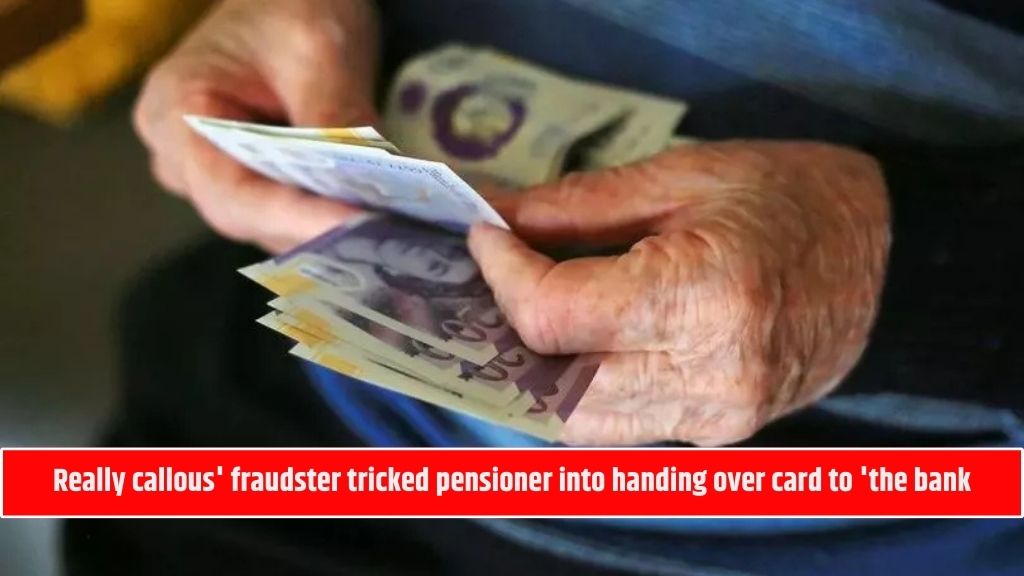A pensioner from Darwen has fallen victim to a heartless banking scam, losing £4,000 after being tricked into handing over his bank cards. Police have described the fraud as an “appalling crime” and are warning others to stay alert against such scams.
How the Scam Happened
According to Lancashire Police, the victim, a man in his 70s, received a call on February 3 from someone pretending to be from his bank. The fraudster claimed that the pensioner’s bank account had been compromised and needed urgent action to protect his money.
The scammer then instructed the victim to put his bank cards in an envelope and give them to a supposed “bank representative” who would collect them from his home. Trusting the caller, the elderly man followed the instructions, only to later discover that £4,000 had been withdrawn from his account.
Police Statement on the Incident
A spokesperson for Lancashire Police condemned the scam, calling it “ruthless and heartless.” They explained that the fraudsters manipulated the victim by making him believe he was assisting in a fraud investigation when, in reality, he was being scammed.
The police emphasized that such crimes target vulnerable individuals, causing not just financial loss but also emotional distress. They urged the public to be cautious and to share crime prevention advice with friends, family, and neighbours to prevent similar incidents.
Crime Prevention Advice from Police
To protect yourself and others from scams like this, the police have issued the following guidelines:
- Banks and police will NEVER ask for your PIN or request to collect your bank cards. If you receive such a call, it is a scam.
- Register with the Telephone Preference Service (TPS) to reduce the number of unsolicited calls from scammers.
- If a phone call seems suspicious, hang up immediately. Then, either use a different phone or wait at least 20 minutes before calling your bank, Action Fraud, or the police. Scammers can keep the line open, making it seem like you’re calling a trusted number when you’re still speaking to them.
- Install a call blocker via your phone provider or mobile apps to filter out scam calls.
- Talk to someone you trust if you feel unsure or worried about a call. Seeking a second opinion can prevent fraud.
- Report any suspicious calls to Action Fraud online or by calling 0300 123 2040. You can also inform the police by dialling 101.
Stay Vigilant and Protect the Vulnerable
Scammers are becoming increasingly sophisticated in their methods, often targeting older individuals who may be more trusting of official-sounding calls. This case serves as a stark reminder to stay cautious when receiving unexpected phone calls about bank accounts or money.
By spreading awareness and following simple precautions, you can help protect yourself and those around you from falling victim to these ruthless fraudsters. If in doubt, always verify directly with your bank using official contact details and never hand over personal information or bank cards to strangers.
| Visit for More News and Updates | WSOA NEWS |















